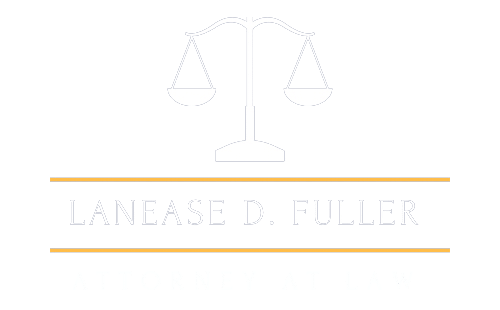Anytime you begin renting property from a landlord you are entering a legal agreement. If you or the landowner fails to live up to the legal obligations they have made in your agreement, you are able to sue them. So, yes, you can sue your landlord when they have breeched your contract.
A Quick Tip: Always ask for a receipt whenever paying rent or giving a deposit to your landlord
Reasons To Pursue Suing Your Landlord
There’s probably a never-ending list of reasons why you want to. But, legally speaking, here are the top reasons you’d be able to sue them and possibly win.
Security Deposit: Each state’s landlord-tenant law lists specific reasons your landlord can take deductions from your deposit. If your landlord has made a deduction for reason that’s not allowed – or which you didn’t specifically agreed to in advance -you can take your landlord to court.
You can also file a suit if your landlord has not returned or is withholding your security deposit.
Discrimination: Discriminations a big one. Of course, your landlord cannot violate the Federal Fair Housing Act (FHA.)
If you can prove they did, you may have a legal case against them. You’ll first have to file a complaint with HUD, and they’ll investigate your claim. If they find that they did violate the FHA, legal action will be taken by HUD.
Illegal Clauses: Not all clauses are legal. Your landlord cannot include clauses that go against the landlord-tenant laws for your state. For example, service animals are allowed under the Federal Fair Housing Act. If they refuse to allow your service animal, it’s illegal.
That’s just one example. Of course, there’s plenty of other illegal lease clauses out there. Here are a few more to keep an eye out for:
- A clause that says a landlord can use your security deposit to pay for utilities if you don’t pay for them.
- A clause that says you must pay for electricity or gas where the service or bill is in your landlord’s name.
- A clause that says that immediately upon termination of your lease you must pay all rent due for the remainder of the term of the lease.
- A clause that says you’re responsible for all repairs to the property – or specifically ones which you did not cause.
- A lease that does not include an ending date or a rent amount will not be valid.
However, the tricky part here is that these clauses aren’t enforceable, so there’s not much need to sue your landlord over them unless you attempted to comply with them prior to you realizing they were illegal. Be sure to check with your state tenant-landlord laws.
Not Reimbursing Repairs: If your landlord refused to address the repair that affected the health and safety or refused to perform them in a reasonable time, and you had to personally pay someone to perform the repair, you can see your landlord to recover the money paid out-of-pocket as well as prior possible damages.
Negligence: If you were hurt, robbed, assaulted, or had any other incident that directly stems from your landlord’s negligence, you could possibly have the opportunity to sue your landlord for negligence. However, expert proof may be required in order to satisfy the burden of proving negligence.
If you’re successful, you will be allowed to recover damages caused by the incident.
Didn’t Disclose Issues: If your landlord didn’t disclose lead paint hazards or mold issues at the property – or purposely hid them from you -you may have legal ground to sue. Especially because they’re issues that cause long-term health problems.
For Injury: You could have a case for a lawsuit if you’re injured at rental property due to negligence. For example you slip and fall because there’s not a banister in the stairwell. This does not pertain to you slipping and falling because you or your neighbors refused to pick up after themselves.
Illegal Entry: Landlords have to provide reasonable notice to enter your rental property. And they can only do so for legally allowed reasons. If your landlord violates these laws, the tenant can go to court to stop landlord from entering and could be awarded damages.
Illegal Eviction: You can counter sue your landlord if you feel like your landlord is trying to you illegally evict you. This could be trying to force you out without following state laws on eviction, locking you out, changing your locks, or fabricating or exaggerating a reason to evict you.
Civil Litigation Attorney in Houston Area
Attorney Fuller is a seasoned attorney with nearly three decades of experience representing a wide range of clients. This includes individuals who have suffered an injury due to another’s actions, individuals facing criminal charges, those who have been arrested for DWI, individuals who have found themselves in a civil litigation dispute, and those looking for legal guidance in business.
After filling out a client intake form, Attorney Lanease D. Fuller will take appropriate action in your case to help you get the results you are looking for. This includes but not limited to gathering evidence, going to trial, and earning a settlement that is appropriate for your specific situation. Reach out to us today to take the first step towards settling your case.
LANEASE D. FULLER LAW
4615 S. Frwy St. 820
Houston, TX 77051
713-439-7400
View our Google Listing


